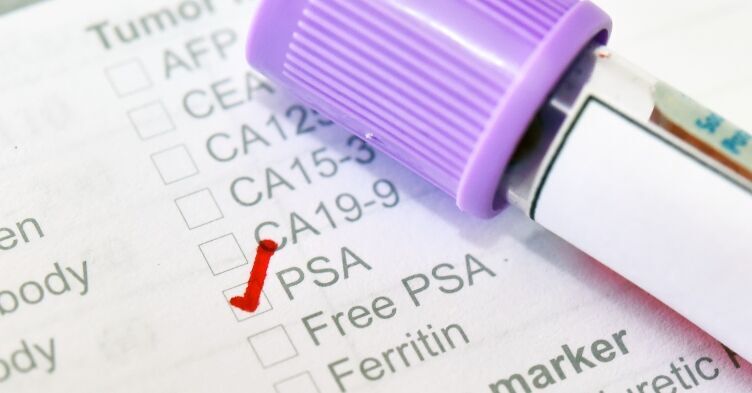GP Dr Roger Henderson advises on what practice nurses need to consider when patients present with rectal bleeding
Rectal bleeding is a common symptom in adults of all ages, affecting around 10% of the UK population each year. Although only a relatively small number of these people seek medical attention, rectal bleeding can be a sign of conditions such as colorectal cancer or inflammatory bowel disease.
Practice nurses may occasionally be the first point of contact for patients presenting with rectal bleeding and so it is very important to have a good working knowledge of its causes and how to assess and manage it.
Learning objectives
By the end of this module, you will have a greater understanding of:
- The causes of rectal bleeding
- Possible differential diagnoses
- How to investigate rectal bleeding
- How to treat rectal bleeding
- The prognosis for patients with rectal bleeding
What is rectal bleeding?1
The majority of cases of rectal bleeding (’bleeding from the back passage’) are harmless and not reported to a healthcare professional, with common causes being haemorrhoids (the main cause) and anal fissures. However, because there are many potential causes and these can depend on the patient age and frequency of each possible cause, every case should warrant further assessment and medical advice. Rectal bleeding wrongly attributed to haemorrhoids, or ‘piles’, represents the most common missed opportunity to establish a cancer diagnosis and practice nurses should have a high index of suspicion of other pathology – including colorectal cancer – if symptoms persist or the clinical findings do not suggest a benign cause.
As a general (but not absolute) rule, patients presenting with rectal bleeding under the age of 30 are more likely to have haemorrhoids, anal fissures or inflammatory bowel disease. However, colorectal cancers must be considered as a possible diagnosis: almost one third of people diagnosed with this type of cancer are under the age of 55.1-3
The majority of people with rectal bleeding who seek medical advice do so either because they are concerned about conditions such as cancer, or because they can no longer cope with their symptoms.
Differential diagnoses1-2
As above, there are a number of common causes of rectal bleeding, with the most often seen being haemorrhoids. Other benign causes include anal fissures, anal fistulae and uncomplicated diverticular disease.
Causes that are potentially more serious include inflammatory bowel disease (Crohn’s and ulcerative colitis), colonic polyps and anal or colorectal cancers. Regardless of age, rectal bleeding is never directly caused by irritable bowel syndrome (IBS) and it should always be remembered that older patients with piles and new rectal bleeding must be investigated, as they may have become symptomatic because of new underlying rectal pathology.
In the same way, it must not be assumed that someone taking anticoagulants has rectal bleeding because of these, and if anaemia is present this should never be assumed to be due to haemorrhoids.
The presence of easily identifiable anorectal conditions, such as a fissure or piles, also does not mean that other colorectal pathology may not be present higher in the large bowel.
To complete the full module and log 1.5 CPD hours visit the Nursing in Practice 365 website.
Not a Nursing in Practice 365 subscriber? Register for free or gain access to more CPD content as a Premium member.
Dr Roger Henderson is a senior GP based in Scotland






